Back to Courses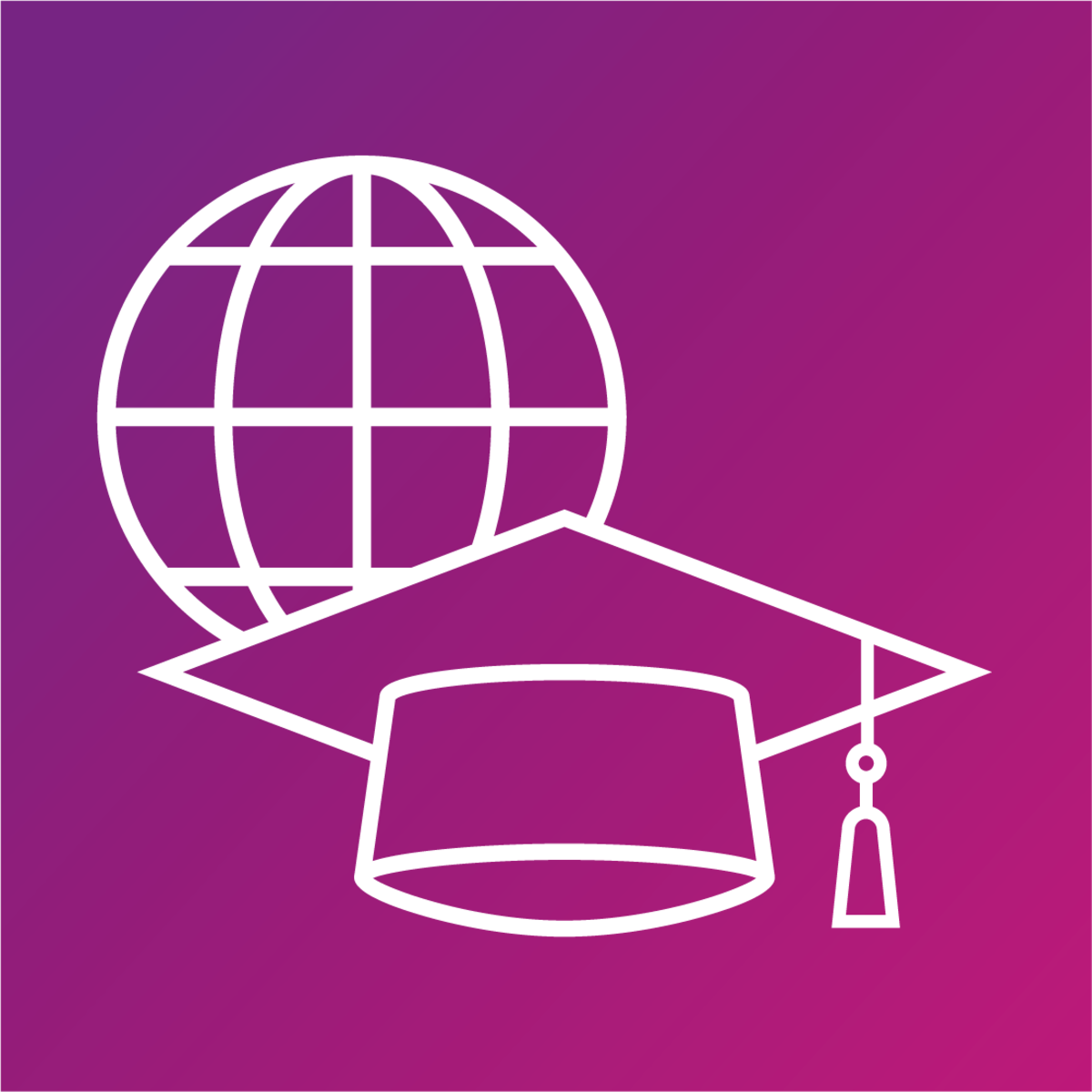
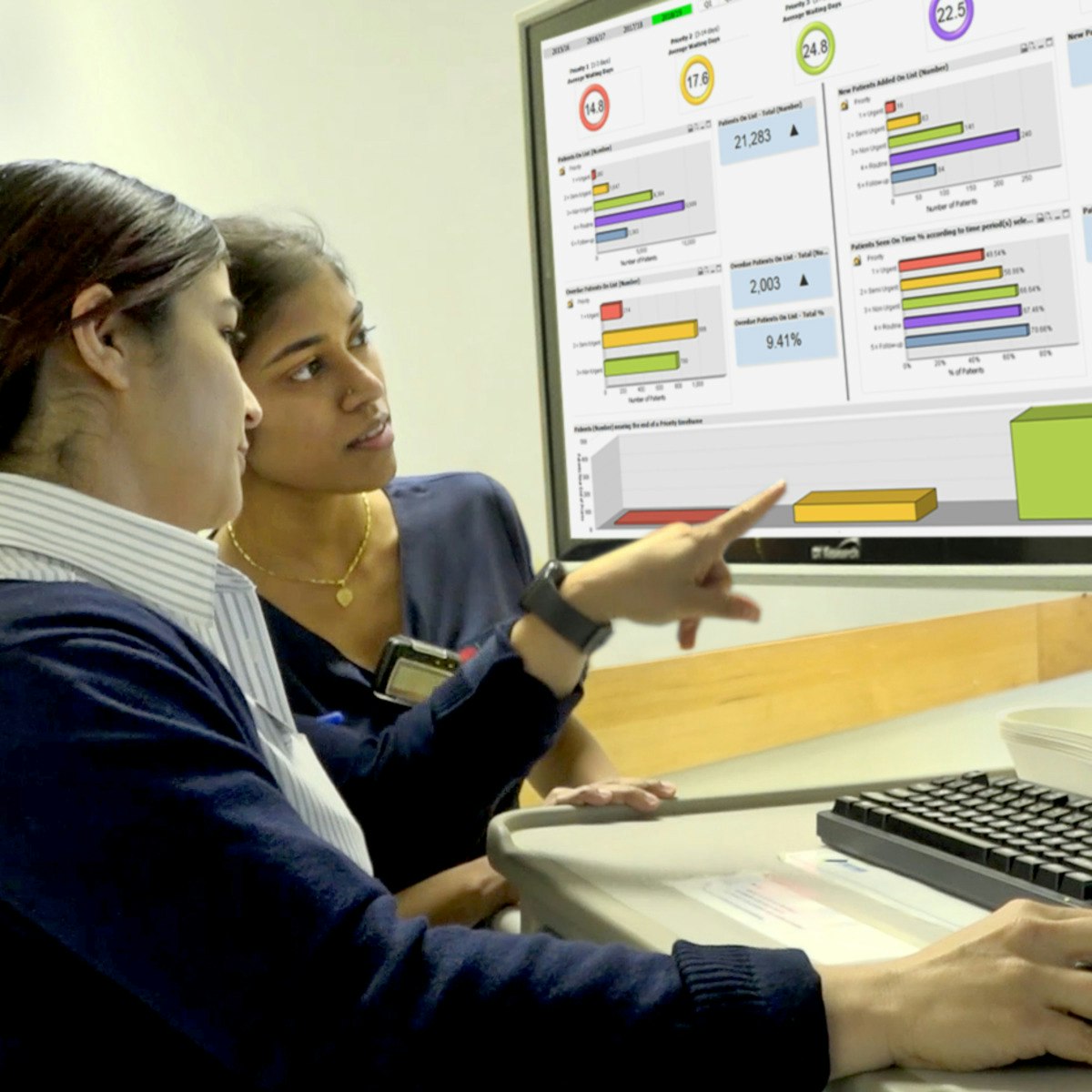
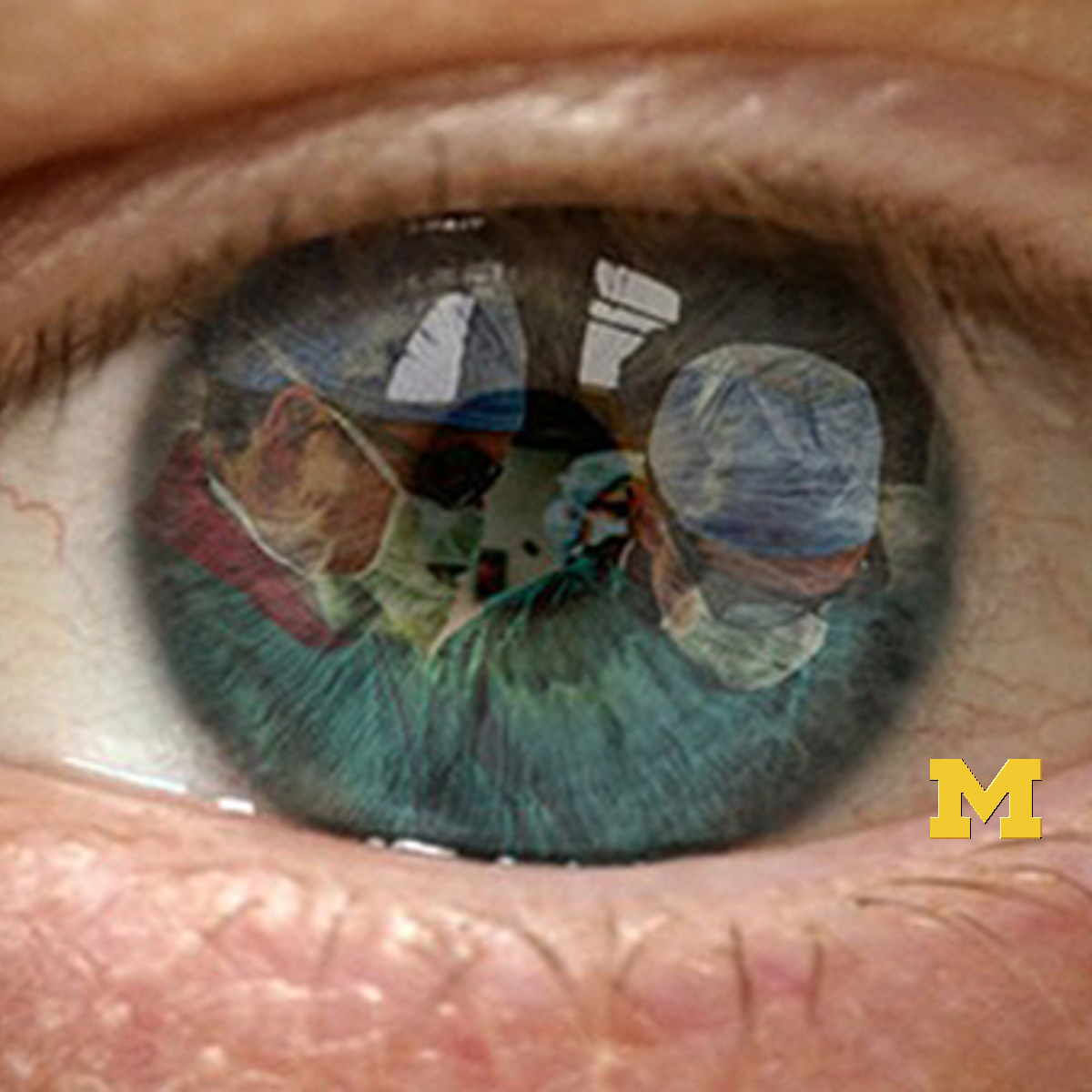
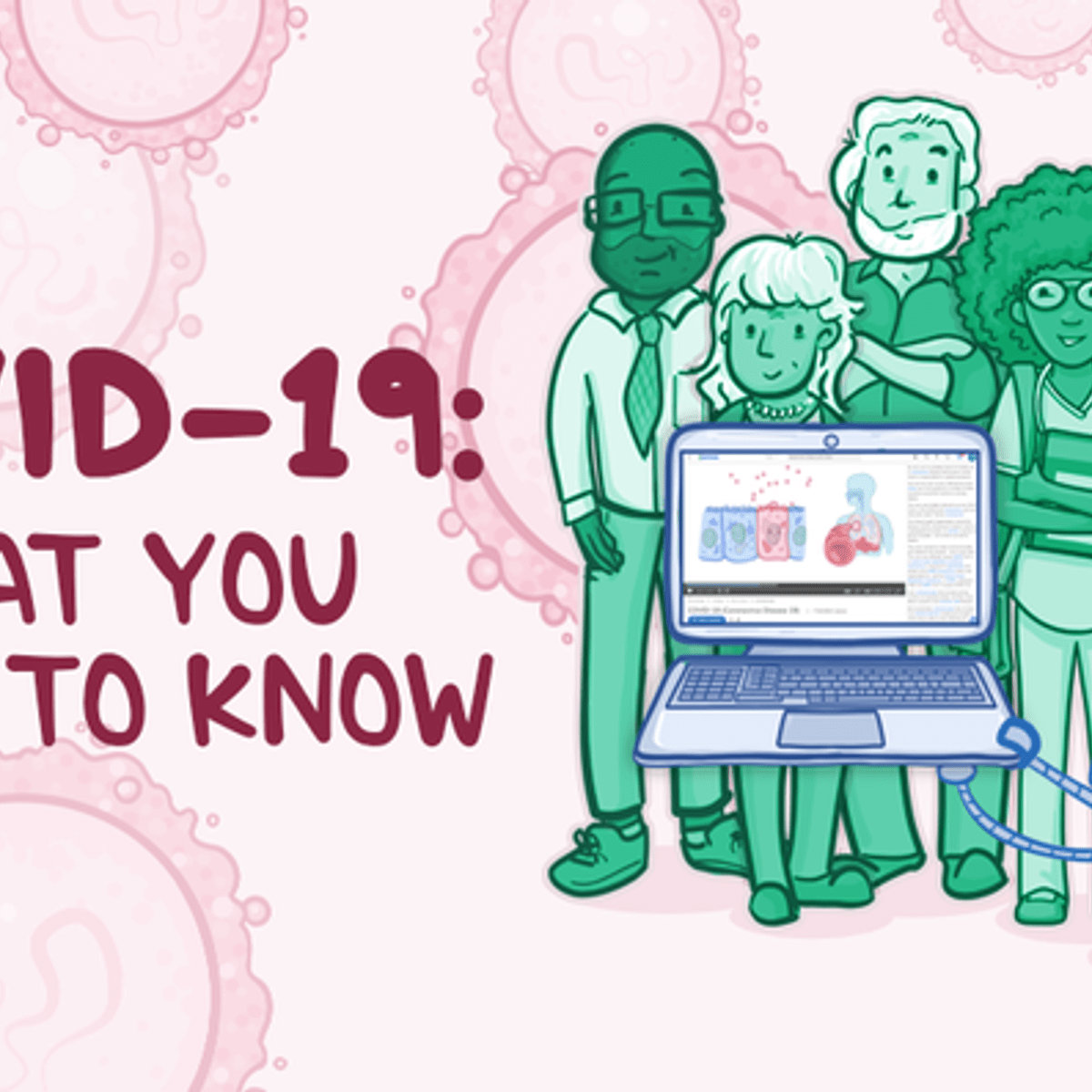
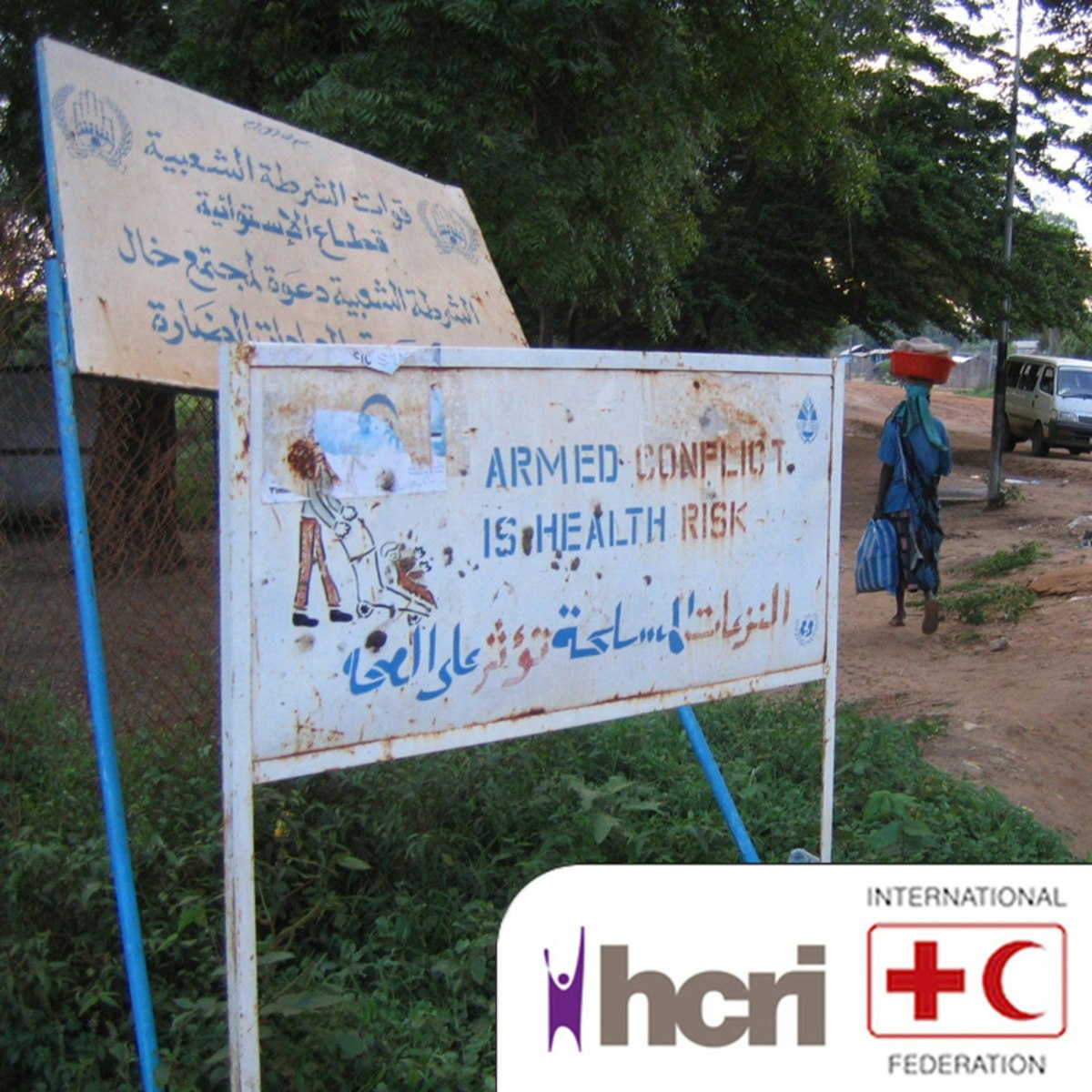
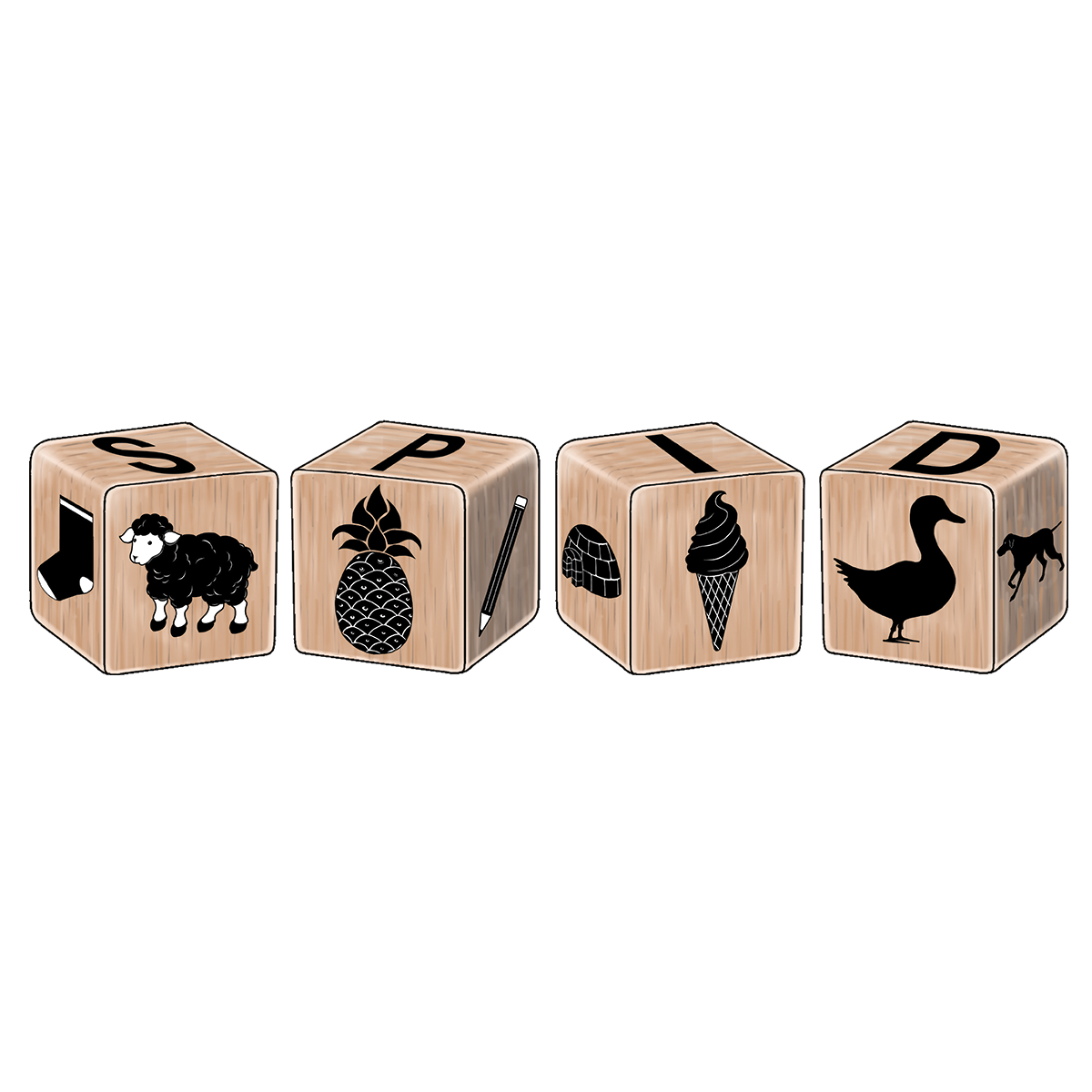

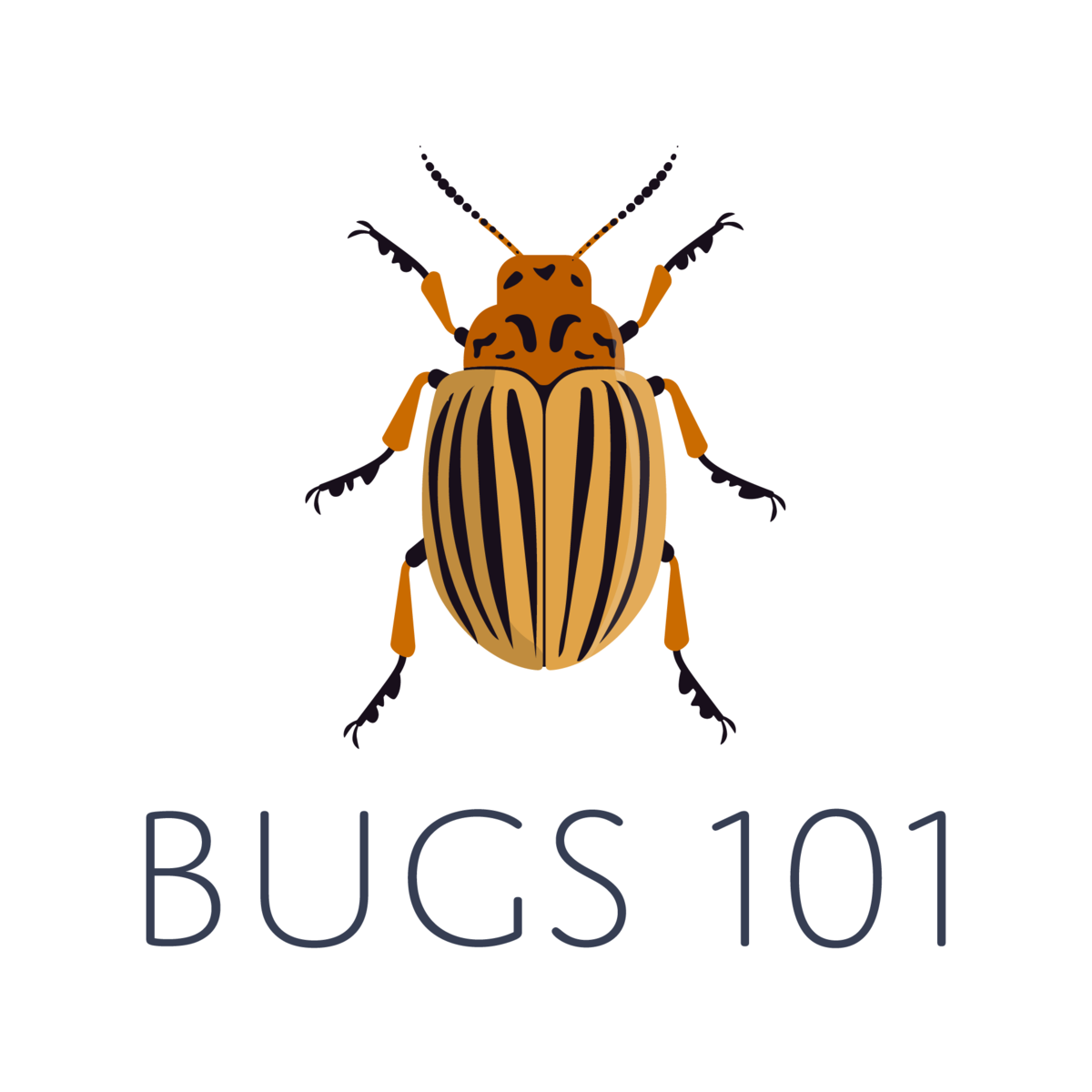
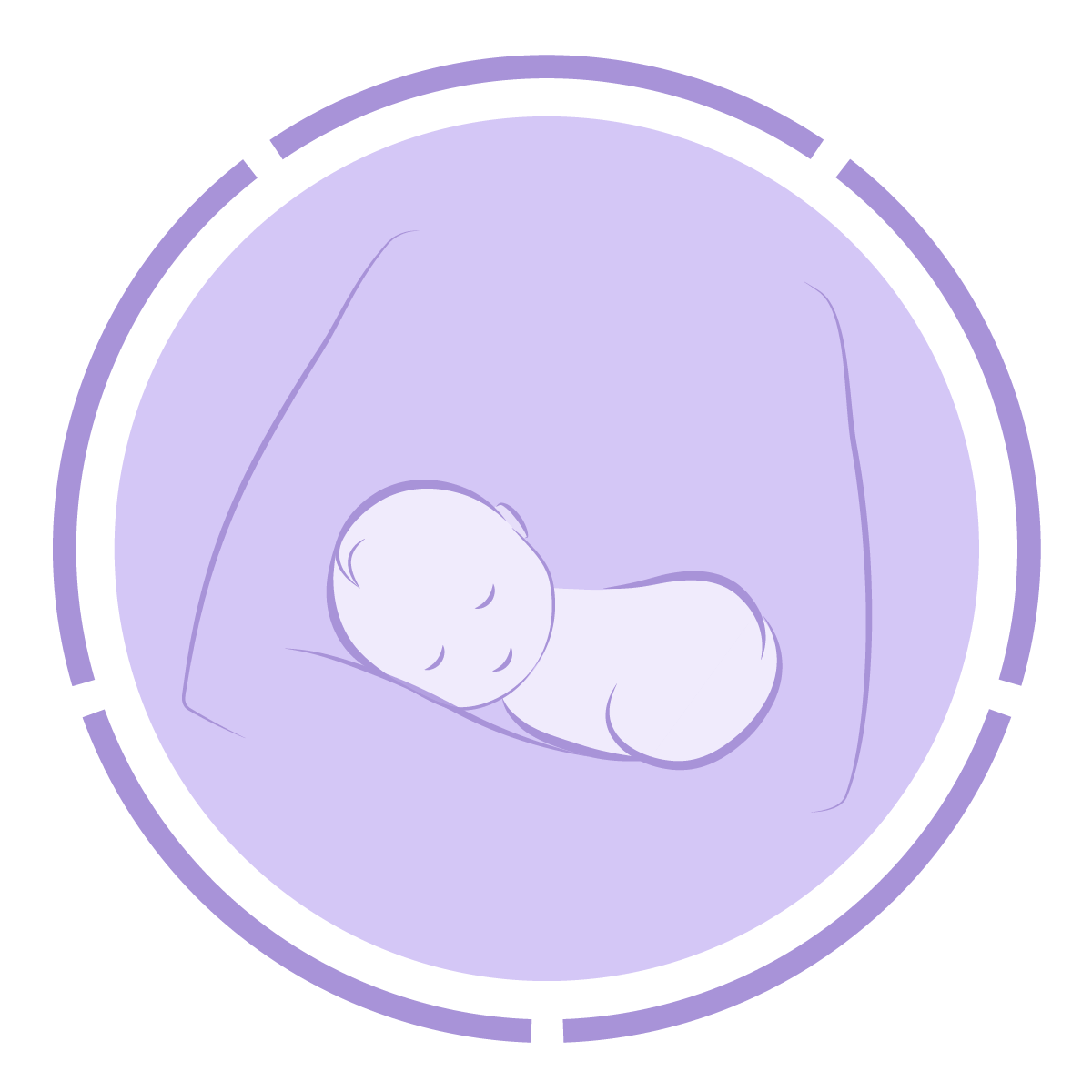
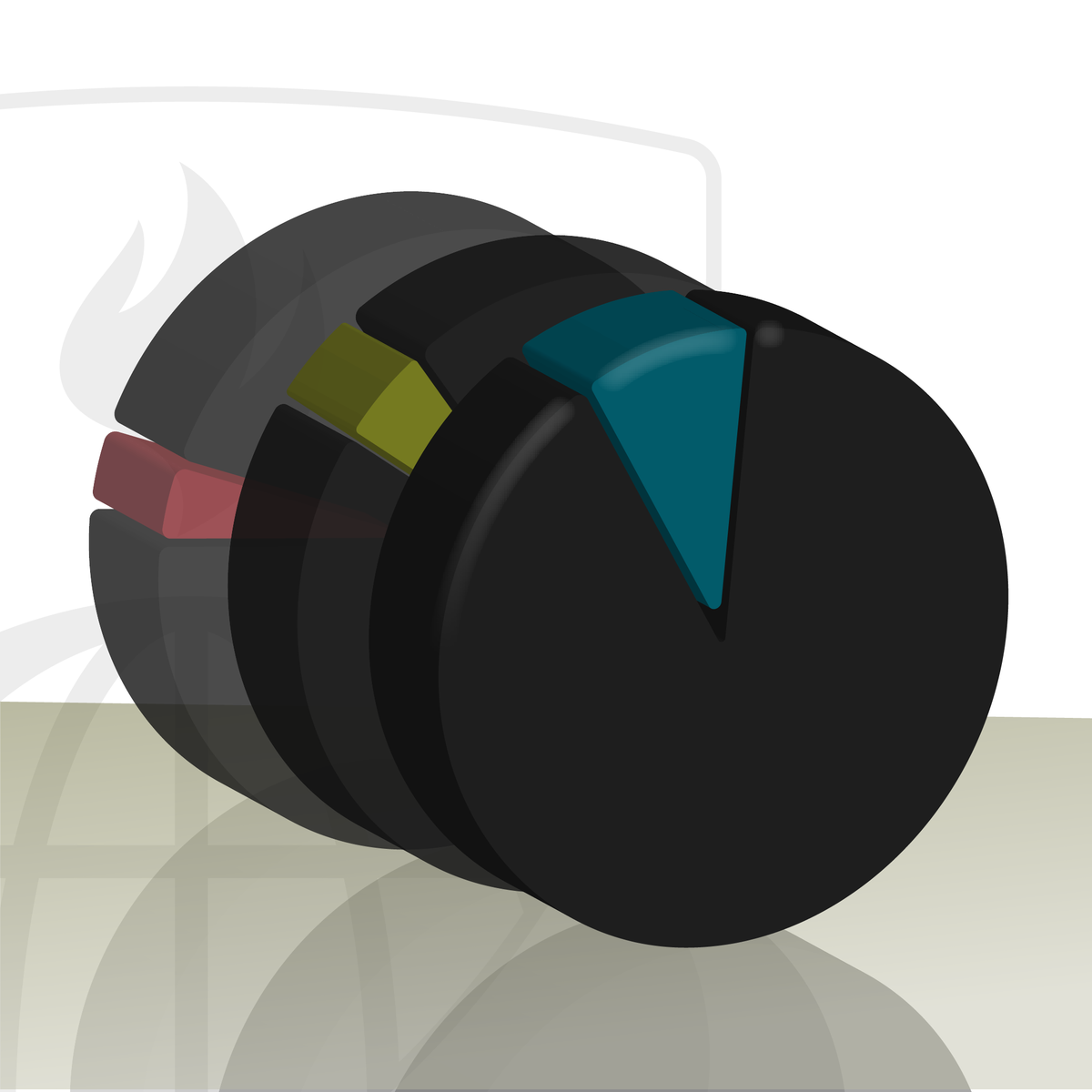
Life Sciences Courses - Page 12
Showing results 111-120 of 644

Global Disease Masterclass: Non-communicable Diseases
Welcome to this course on the aetiology, epidemiology and interventions for non-communicable diseases of the Global Diseases Masterclass. We’ve selected four disease areas and will go through each in turn. The diseases we’ve chosen are: Colorectal Cancer, Cardiovascular Disease (CVD), Dementia, and Diabetes. We have selected these non-communicable diseases because they span a range of different types of disease process and because of the expertise and experience that our School of Public Health has in these areas. This will provide an introduction to a few of the of most important global non-communicable disease challenges while also providing variation in aetiology, epidemiology and interventions to learn from. We hope that by the end of this course you will be able to describe the basics of the disease aetiology, global epidemic trends and the available interventions. We also hope you’ll be able to use this information to critique public health approaches and policy positions for the four non-communicable diseases we’ve covered as well helping you extend to further disease areas.
Using clinical health data for better healthcare
Digital health is rapidly being realised as the future of healthcare. While this is placing emphasis on the input of quality health data in digital records and systems, the delivery of safe and quality healthcare relies not only on the input of data, but also the ability to access and derive meaning from data to generate evidence, inform decision making and drive better health outcomes.
This course provides insight into the use of healthcare data, including an overview of best practices and the practical realities of obtaining useful information from digital health systems via the understanding of the fundamental concepts of health data analytics.
Learners will understand why data quality is essential in modern healthcare, as they are guided through various stages of the data life cycle, starting with the generation of quality health data, through to discovering patterns and extracting knowledge from health data using common methodologies and tools in the basic analysis, visualisation and communication of health data. In doing so, learners explore current healthcare delivery contexts, and future and emerging digital health data systems and applications that are rapidly becoming tomorrow’s reality.
On completion of this course, you will be able to:
1. Identify digital health technologies, health data sources, and the evolving roles of health workforce in digital health environments
2. Understand key health data concepts and terminology, including the significance of data integrity and stakeholder roles in the data life cycle
3. Use health data and basic data analysis to inform and improve decision making and practice.
4. Apply effective methods of communication of health data to facilitate safe and quality care.
During this course, you will interact with learning content contributed by:
• Digital Health Cooperative Research Centre
• Australian Digital Health Agency
• eHealth NSW
• Sydney Local Health District
• The NSW Ministry of Health
• Health Education and Training Institute
• Clinical Excellence Commission
• Chris O’Brien Lifehouse
• Monash Partners / Australian Health Research Alliance
• Australian Research Data Commons
• Justice Health & Forensic Mental Health Network
• South Eastern Sydney Local Health District
• Western Sydney Local Health District
• Westmead Breast Cancer Institute
• Agency for Clinical Innovation
• Western NSW Local Health District
• Sydney Children’s Hospital Network
This course is a collaborative venture between NSW Health, the University of Sydney and the Digital Health Cooperative Research Centre, including dedicated resources from eHealth NSW, Health Education and Training Institute, and the Research in Implementation Science & eHealth group. While many learning resources and case examples are drawn from the NSW Health service context, this course has relevance for all existing and future health workforce, regardless of role or work context.
Note: Materials used are for learning purposes and content may not reflect your organisation’s policies. When working with data, make sure you act within the guidelines and policies of your organisation.

Introduction to Cataract Surgery
This comprehensive course will give you the fundamental knowledge needed to begin performing cataract surgery by phacoemulsification and extracapsular removal. Each step from preoperative evaluation to postoperative care will be covered to help prepare you for the operating room.

COVID-19: What You Need to Know
Register for this free course here: https://www.coursera.org/learn/covid-19-what-you-need-to-know?edocomorp=public-health-free-courses
COVID-19 is a global pandemic that has already resulted in hundreds of thousands of infections and thousands of deaths, with many more anticipated. This course is a go-to resource that will be regularly updated with all of the current information put forth by the CDC, WHO, and other leading agencies and covers the basics, personal protective equipment, diagnostics, and other material.
As a healthcare professional, you can help to #RaiseTheLine by becoming prepared to treat COVID-19.

Global Health and Humanitarianism
Welcome to the Global Health and Humanitarianism MOOC. We are delighted to have you with us, and hope that the next six weeks will provide an interesting and thoughtful experience for you.
We hope the course will give you an overview of global health and humanitarianism in theory and in practice. These fields overlap, and are connected, in many significant ways. However, we have used three key themes to explore our subjects: each key theme will be discussed over two week blocks by specialist course lecturers, and supported by unique video perspectives by three keynote speakers who are leading specialists in the field.
- Weeks 1 & 2: An Introduction to Global Health Dr Amy Hughes MBE;
- Weeks 3 & 4: Humanitarian Responses and Dilemmas Dr Tim Jacoby;
- Weeks 5 & 6: The Right to Humanitarian Assistance and the Responsibility to Protect Dr Kirsten Howarth.
To get the best out of the course we encourage you to try and set aside a few hours each week. This will give you time to work through videos, written materials and linked resources, and to get involved with discussion with other learners. We have provided a variety of different readings, resources and suggested activity based on the course content. Some will be essential to your understanding of the MOOC themes, and to assessment (if you have chosen to take part in assessment activity). Others will be for those of you who want to discover more about a particular subject or perspective, or to make your own study of global health or humanitarianism in action. Check through the weekly resources and content to find out which best suit your needs.
During the course we will look at a range of different opinions and debates, linked to key themes and addressing ethics and moral issues. We hope you will be inspired and encouraged to explore and share your own perspectives, and those of others, throughout the course. Different viewpoints are essential to understanding global health and humanitarian practice.
We hope you enjoy the next six weeks finding out about Global Health and Humanitarianism, and look forward to hearing from you on the discussion boards.

Severe to Profound Intellectual Disability: Circles of Care and Education
This course is about caring for and educating children (and youth) with severe to profound intellectual disability. We use the idea of 'circles' to position the child at the center of the many levels of support needed. Around the child are circles of care and education - such as the parents, family, friends, caregivers, educators, health care workers and others such as neighbors, business owners and community members. Each one has an important role to play in the life of a person with an intellectual disability and can be seen as a caregiver and educator. Although this course is aimed particularly at caregivers who work at a special centre or in a private home, each person in the circle of care and education plays a valuable role and will find the course useful.
During the course you can gain greater understanding about intellectual disability, levels of severity of intellectual disability and the history of intellectual disability. You will also start to understand how you can support children and youth with severe to profound intellectual disability so that they can reach their full potential and become participating members of society. We look at lifelong learning by exploring brain development, the learning process and how to maximise the opportunities for learning.
With input from a range of experts, we consider how best learning can be facilitated. This includes looking at children’s learning support needs, how to go about planning activities for the learning programme as well as how to empower multiple people who work in a team to care and educate children with severe to profound intellectual disability.
In the last week, we focus on rights, advocacy and relationships of care. Empowering and caring for caregivers themselves is a key focus of the course.
For professional development purposes, you can purchase a Verified Certificate if you wish to show evidence of your achievements, but this is optional, and you can apply for Financial Aid if you are unable to pay the certificate fee.

The Big Stuff: Evolution and Ecology
In this course, we will explore how evolution works to generate new species, the wide variety of life on earth. We will also touch on the importance of biodiversity for the overall health of our planet, and for our well being as humans. Then we will discuss ecology and the interconnectedness of life and touch on one big ecological issue in today’s society, conservation.

Bugs 101: Insect-Human Interactions
Of all the animals on earth, which are the strongest for their size? What about the fastest? Who were the first animals to evolve flight? Insects take all of these titles and more! As the most abundant animals on the planet, insects and other arthropods affect our lives in so many ways. From beneficial interactions like pollination and biological pest control, to the transmission of life threatening diseases; this course will teach you about the big ways that these little arthropods impact our lives.
In Bugs 101: Insect-Human Interactions, you will be plunged into the diverse (and sometimes alien) world of arthropods to learn how they work, what they do, and how insects and humans interact every day.
After completing this course, you will be able to:
Describe the evolutionary relationships between insects and their arthropod relatives
Inventory major groups of insects and their diversity
Demonstrate evolutionary adaptations that make insects successful
Discuss insect biology and human-insect interactions
Evaluate positive and negative interactions between insects and humans
Propose practical and symbolic roles insects play in human societies

Newborn Capstone
Congratulations! You progressed your way through all four of the Newborn Baby Care courses, each with their own focal points on the many dimensions of maintaining newborn health in the first month of life.
Now we arrive at a crucial part of your learning –the Newborn Baby Care Capstone- Case Studies, which is your opportunity to take what you have learned and synthesize, integrate, and apply what you know to a series of case studies. Interacting with these real-life scenarios will help you retain the specialization content and be ready to put it into practice in your own care-providing environment.
Together we will experience key moments of the courses, this time through the lens of case studies. We will begin with addressing jaundice and performing screenings and assessments covered in Course 1. From there we will consider case studies for both heart and lung health representing Course 2. Then we will enter new territory, the first doctor’s visit once baby has gone home. Here you will bring together elements from Courses 3 and 4, assessing baby and also main care providers. No matter what capacity you do or will provide newborn baby care, the experience of this final capstone course will positively impact your understanding and ability to put that understanding into practice. The newborns, families, and other care providers you engage with will benefit greatly from your efforts.
A newborn baby is an amazing beautiful life filled with hope. There is so much that goes into making sure that babies are born healthy, and so much more to think about after they are born. Whether you are in the health care field, or even a parent, this course is the perfect educational opportunity for you to keep newborn babies healthy in the days and weeks after they are born!

Hypothesis Testing in Public Health
Biostatistics is an essential skill for every public health researcher because it provides a set of precise methods for extracting meaningful conclusions from data. In this second course of the Biostatistics in Public Health Specialization, you'll learn to evaluate sample variability and apply statistical hypothesis testing methods. Along the way, you'll perform calculations and interpret real-world data from the published scientific literature. Topics include sample statistics, the central limit theorem, confidence intervals, hypothesis testing, and p values.
Popular Internships and Jobs by Categories
Find Jobs & Internships
Browse
© 2024 BoostGrad | All rights reserved